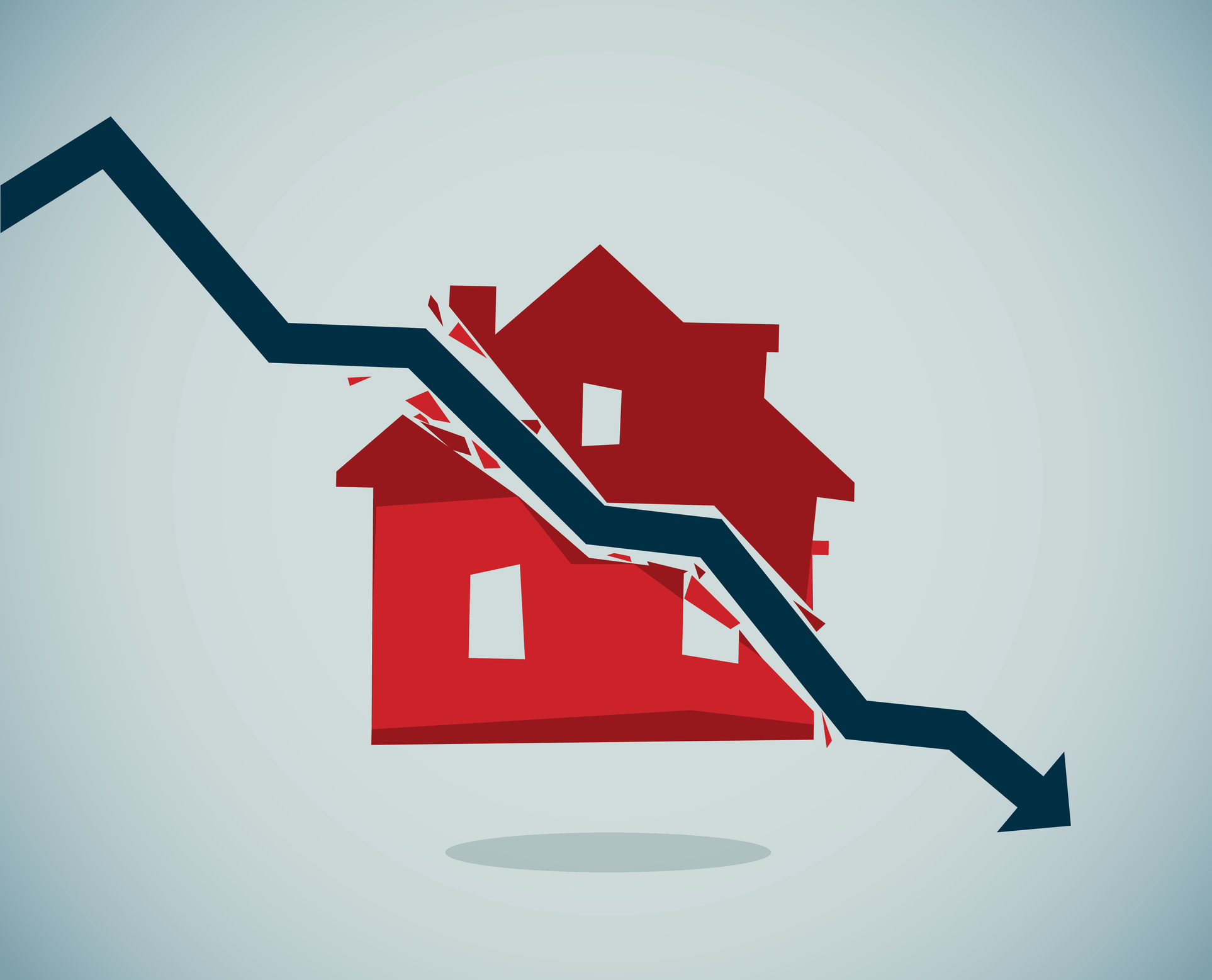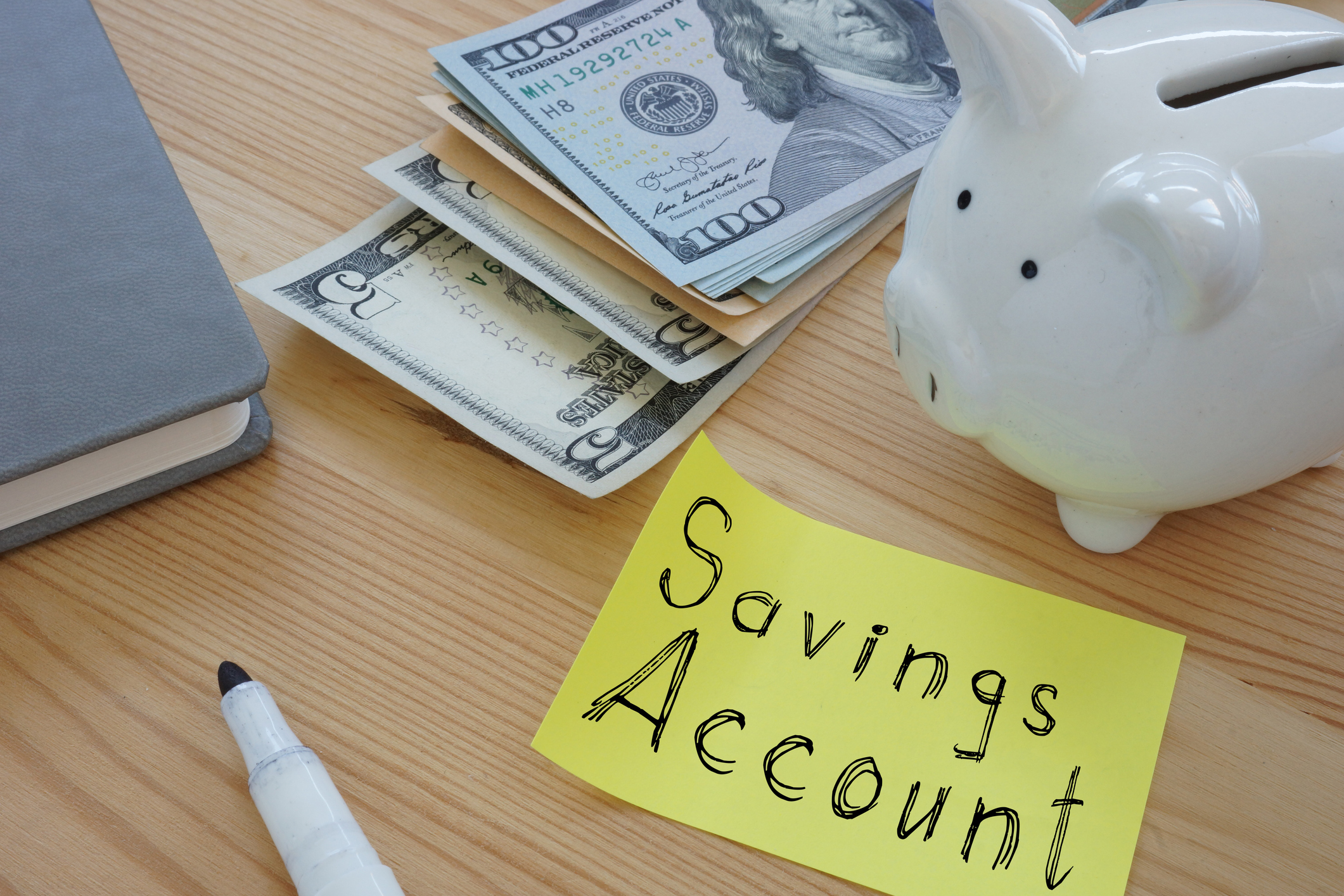How "Chained" Inflation Will Erode the New Tax Cuts
Lower inflation adjustments mean smaller annual increases in tax brackets, standard deductions and other breaks.

Note: The editors of Kiplinger's Personal Finance magazine and the Kiplinger Tax Letter are answering questions about the new tax law from subscribers to our free Kiplinger Today daily email. See other reader Q&As about the new tax law, or submit your own question.
Question: The new law changes inflation indexing from the CPI to something called the “chained CPI.” What impact will that have?
Answer: Many parts of the tax law – including the break points for the tax brackets, for example, and the size of the standard deductions – are indexed for inflation, meaning they are automatically adjusted upward to prevent inflation from imposing a sneaky tax increase. If your salary keeps up with inflation but the tax brackets were not indexed, sooner or later you’ll be pushed into a higher tax bracket. Indexing is designed to prevent such “bracket creep.”

Sign up for Kiplinger’s Free E-Newsletters
Profit and prosper with the best of expert advice on investing, taxes, retirement, personal finance and more - straight to your e-mail.
Profit and prosper with the best of expert advice - straight to your e-mail.
Until 2018, indexing was based on the basic CPI (Consumer Price Index), which uses the cost of a group of common goods as its gauge to measure inflation. Because consumers often change their buying habits in the face of price increases, the CPI allows for some substitution of similar goods. The chained CPI differs in that it uses a broader substitution method that stretches over a wider variety of different goods. The practical effect is that this method results in a slower rise in the cost of living. Proponents of the chained CPI consider it a more accurate measure of inflation. Critics see it as a hidden tax increase that compounds over time.
Profit and prosper with the best of Kiplinger's advice on investing, taxes, retirement, personal finance and much more. Delivered daily. Enter your email in the box and click Sign Me Up.

-
 Quiz: How much do you know about nontaxable income
Quiz: How much do you know about nontaxable incomeQuiz Test your knowledge of Uncle Sam's rare moments of generosity...
-
 Quiz: How much do you know about Medicare?
Quiz: How much do you know about Medicare?Quiz Try your hand at our Kiplinger Medicare quiz. All the answers can be found in our Medicare articles so, if you're a regular reader, you'll have no trouble!
-
 ‘I Play Pickleball in Retirement.’ Is It HSA-Eligible?
‘I Play Pickleball in Retirement.’ Is It HSA-Eligible?Retirement Tax Staying active after you retire may be easier with these HSA expenses. But there’s a big catch.
-
 Mississippi Tax-Free Weekend 2025 Is Here: What to Know Before You Shop
Mississippi Tax-Free Weekend 2025 Is Here: What to Know Before You ShopTax Holiday Just in time for Prime Day, Mississippi is celebrating a tax holiday in July. Find out how you can save on back-to-school essentials.
-
 Ten Cheapest Places to Live in Virginia
Ten Cheapest Places to Live in VirginiaProperty Taxes The Commonwealth of Virginia has some cheap places to live. Here are a few if you hate paying property taxes.
-
 2025 SALT Cap Could Hurt Top 'Hidden Home Cost'
2025 SALT Cap Could Hurt Top 'Hidden Home Cost'Tax Deductions The GOP tax bill could make hidden homeowner costs worse for you. Here’s how.
-
 Retire in the Bahamas With These Three Tax Benefits
Retire in the Bahamas With These Three Tax BenefitsRetirement Taxes Retirement in the Bahamas may be worth considering for high-net-worth individuals who hate paying taxes on income and capital gains.
-
 2025 Virginia Tax Rebate Checks Coming Soon? What to Know Now
2025 Virginia Tax Rebate Checks Coming Soon? What to Know NowTax Rebates Given a historic 2025 gubernatorial race, tax policy will remain a key issue for Virginians in the months ahead.
-
 Summer Backyard Ideas With Added Tax Benefits for 2025
Summer Backyard Ideas With Added Tax Benefits for 2025Tax Tips Find out how these summer 2025 home projects can help you save on taxes next year.
-
 Coverdell ESAs vs. 529 Plans: Which Should You Choose?
Coverdell ESAs vs. 529 Plans: Which Should You Choose?Savings Accounts These savings accounts can offer tax benefits for school and retirement expenses. Here’s how.